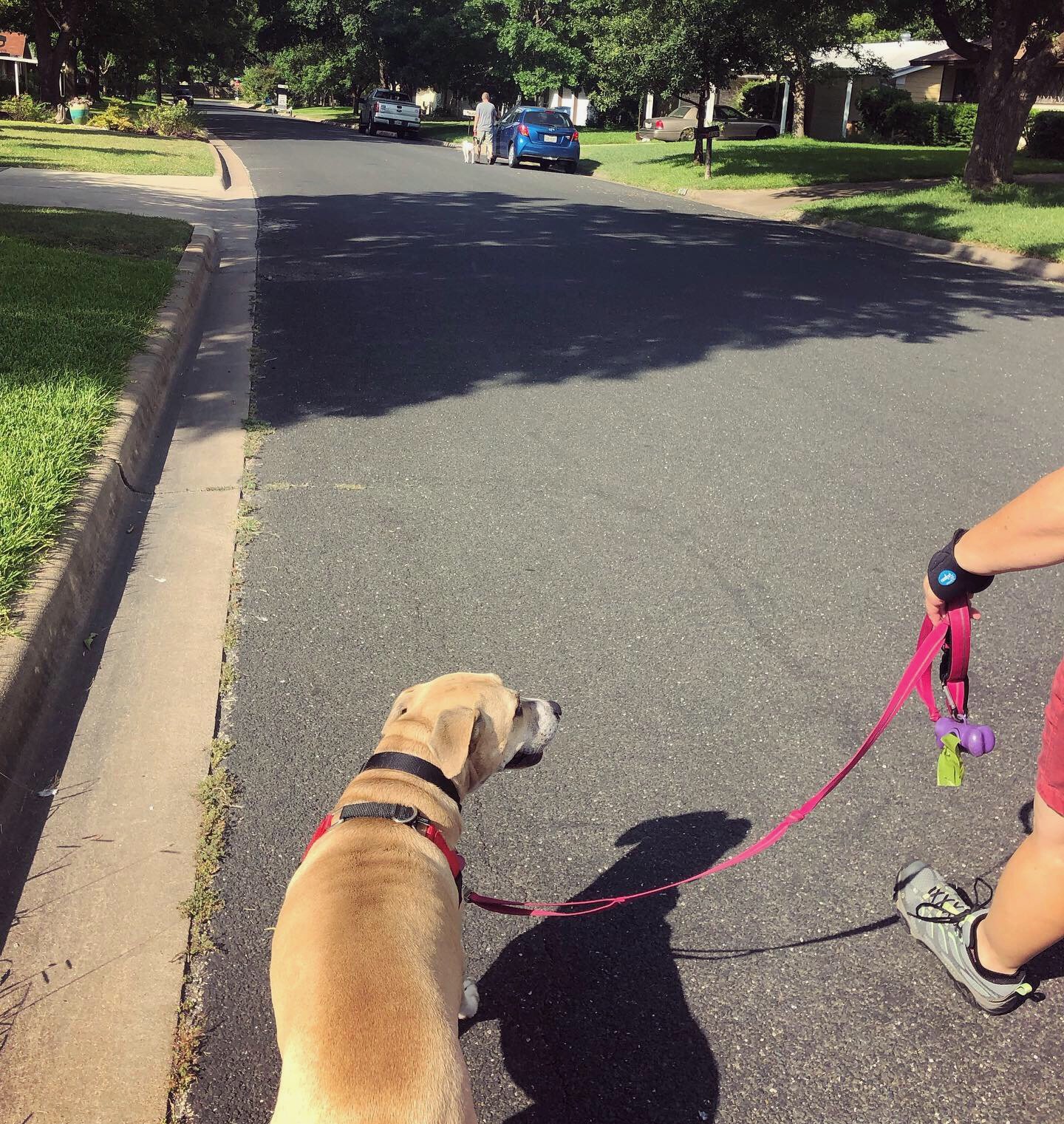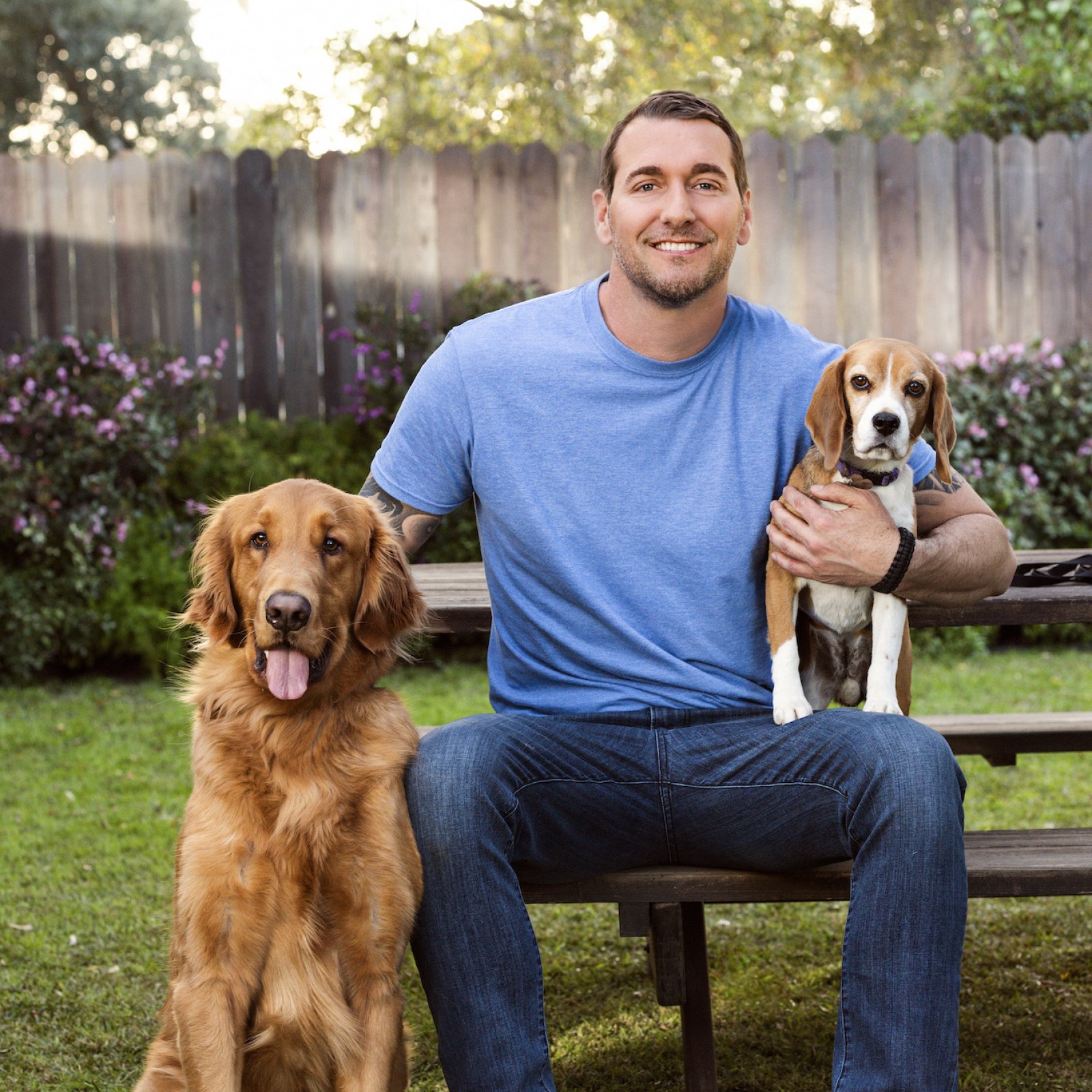Raise Your Skills with Local Dog Training Charlotte Programs
Raise Your Skills with Local Dog Training Charlotte Programs
Blog Article
The Ultimate Guide to Pet Training: Structure a Delighted, Loyal Animal
Reliable pet dog training is a multifaceted process that pivots on a deep understanding of canine behavior and the application of tested strategies. By accepting positive support and consistent command usage, animal owners can grow not just obedience yet likewise a solid, trusting connection with their pet dogs.

Understanding Dog Behavior
How does a pet's actions mirror its psychological and psychological state? A pet's actions can function as a home window right into its feelings, demands, and total emotional wellness. A wagging tail generally signifies happiness and exhilaration, while a reduced tail might suggest worry or entry. Likewise, articulations such as barking or whining can interact a selection of feelings, from delight to distress.
Body movement additionally plays a critical duty in recognizing canine habits. A loosened up stance and open mouth signal comfort, whereas strained muscles and pinned ears might suggest stress and anxiety or aggressiveness. Observing these signals is important for recognizing the origin causes of a pet dog's habits, whether it comes from excitement, anxiety, or irritation.
Additionally, a pet's communication with its environment and other animals can supply understanding right into its mood. As an example, a pet that engages playfully with various other canines is likely sensation social and safe, while one that shows avoidance or aggressiveness may be experiencing anxiety or instability. Comprehending these behavior hints is important for cultivating a solid relationship between the owner and the pet dog, inevitably adding to the canine's psychological wellness and well-being.
Essential Educating Strategies
Effective dog training methods are essential for cultivating preferable actions and strengthening the bond between a pet dog and its owner. Utilizing favorable reinforcement is one of one of the most reliable methods, where incentives such as deals with, appreciation, or playtime are offered to strengthen preferred habits (Dog training). This encourages the pet to duplicate those behaviors, creating a favorable understanding atmosphere
Uniformity is an additional critical element in pet dog training. Commands ought to be clear and uniform, and all member of the family need to apply the very same guidelines to stay clear of confusing the dog. Timing is just as essential; incentives should be provided instantly after the wanted habits to develop a clear connection between the benefit and the action.
In addition, short and interesting training sessions work, as dogs have varying focus periods. Aim for sessions of 5 to 15 mins, depending on the pet dog's age and power degree. Incorporating play into training can likewise enhance inspiration and satisfaction for both the proprietor and the canine.
Finally, perseverance is critical. Pet dogs find out at their very own rate, and keeping a tranquil temperament will certainly help minimize stress, guaranteeing a favorable training experience. These essential techniques prepared for successful dog training and a harmonious partnership.
Standard Commands to Educate

When showing these commands,Uniformity and positive support are vital. Use deals with, appreciation, and playtime to reward your canine's successes. Short, frequent training sessions are much more reliable than long, occasional ones. By instilling these basic commands, proprietors equip their canines with the skills needed for a well-behaved and unified partnership.
Dealing With Typical Behavioral Concerns
Understanding and dealing with usual behavior concerns in canines is vital for fostering a harmonious relationship in between pet dogs and their proprietors. Numerous pets exhibit habits such as too much barking, chewing, or aggression, which can stem from anxiousness, dullness, or absence of anchor proper training. Identifying the root reason of these actions is the primary step towards efficient treatment.
For instance, excessive barking might suggest a need for interest or a reaction to environmental stimulations. In such instances, proprietors need to analyze the pet's environment and give sufficient mental stimulation, such as interactive toys or normal exercise. Eating can commonly be managed by rerouting the habits to appropriate eat things and ensuring that the canine has adequate physical activity to minimize dullness.
Hostile behavior requires careful handling and may necessitate expert training help. It's vital to understand that penalty can worsen anxiety and aggression, resulting in a cycle of behavioral concerns. Rather, concentrate on positive support methods to compensate preferable habits and strengthen a sense of safety.
Building a Favorable Training Atmosphere
Creating a positive training setting is basic for strengthening preferable behaviors in pets and minimizing behavioral concerns. This setting needs to be defined by consistency, support, and a clear understanding of the training goals. By developing a routine, canines discover what is anticipated of them, which helps lower anxiety and confusion.
Utilizing positive support techniques, such as treats, praise, and play, cultivates a complacency and motivation in the pet dog. Rewarding etiquette quickly and constantly strengthens the preferred activities, making the training process extra efficient - Dog training. Furthermore, instructors ought to stay client Full Report and tranquility, as pets are delicate to their trainers' emotions
The training area must be cost-free from distractions to make sure the dog can concentrate on the tasks handy. Think about utilizing a peaceful space or a secure outdoor area. Moreover, integrating play and socialization into training sessions advertises an all-around technique, enhancing the canine's learning experience.
Eventually, a positive training atmosphere nurtures a strong bond in between the pet dog and trainer, leading to a loyal, pleased animal. By prioritizing this environment, animal proprietors can successfully resolve behavior difficulties and grow a successful training journey.
Final Thought
Effective dog training relies upon a comprehensive understanding of canine behavior and the application of favorable support strategies. By grasping essential commands and resolving behavior concerns with perseverance and clear communication, proprietors can foster a solid bond with their pets. Creating a supportive training setting improves security and count pet care courses on, inevitably causing the growth of a mannerly and joyful friend. Embracing these concepts guarantees a rewarding training experience for both canines and their proprietors.
Efficient canine training is a diverse process that pivots on a deep understanding of canine actions and the application of tested techniques. A canine that engages playfully with other pet dogs is most likely feeling safe and secure and social, while one that exhibits avoidance or aggressiveness may be experiencing tension or insecurity.Efficient dog training strategies are crucial for fostering preferable habits and reinforcing the bond between a pet and its owner.Creating a favorable training environment is basic for strengthening preferable behaviors in canines and alleviating behavioral problems.Effective pet training depends on an extensive understanding of canine behavior and the application of favorable reinforcement strategies.
Report this page